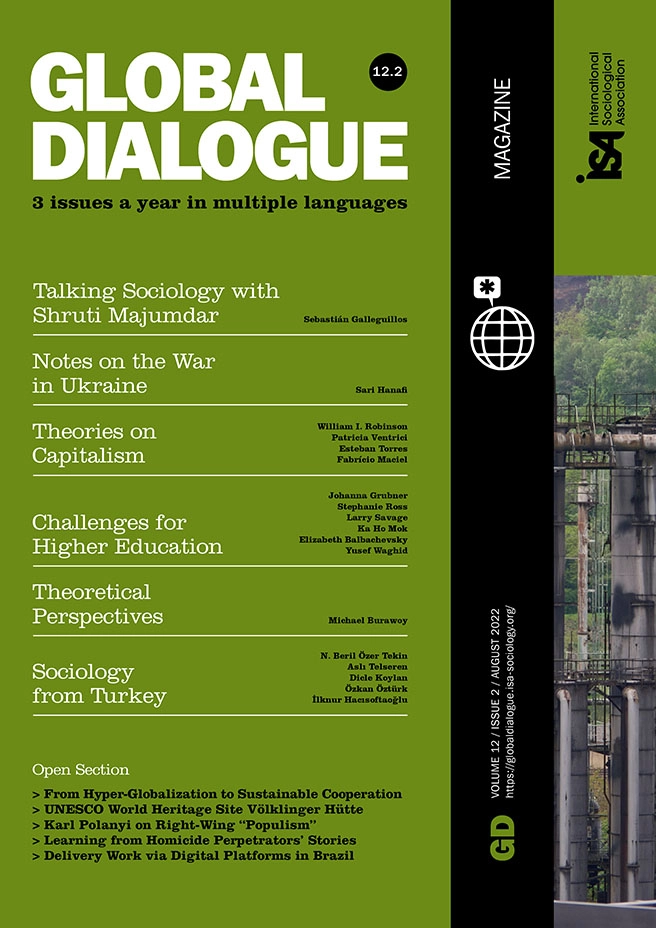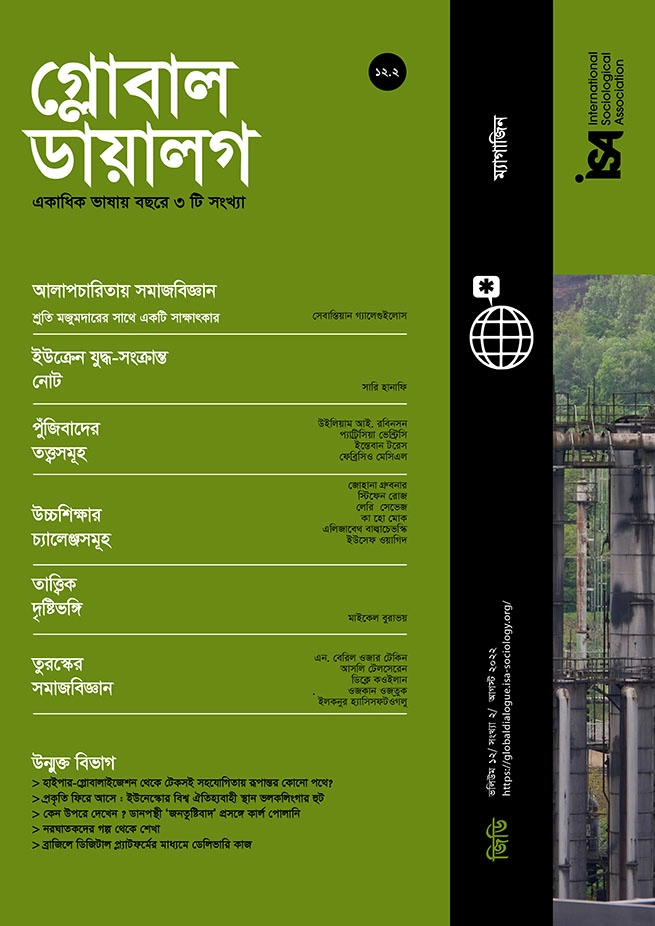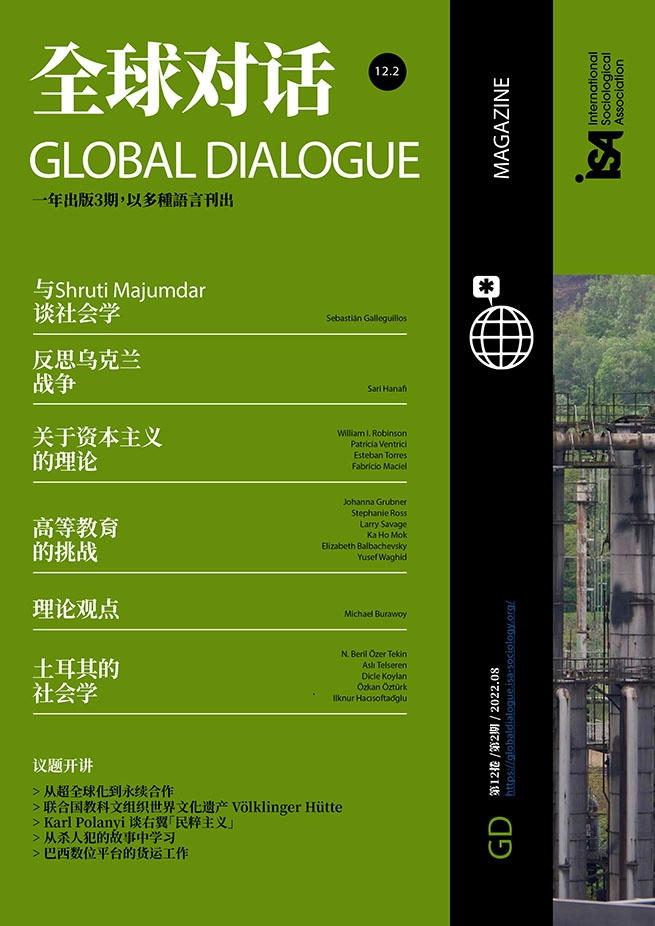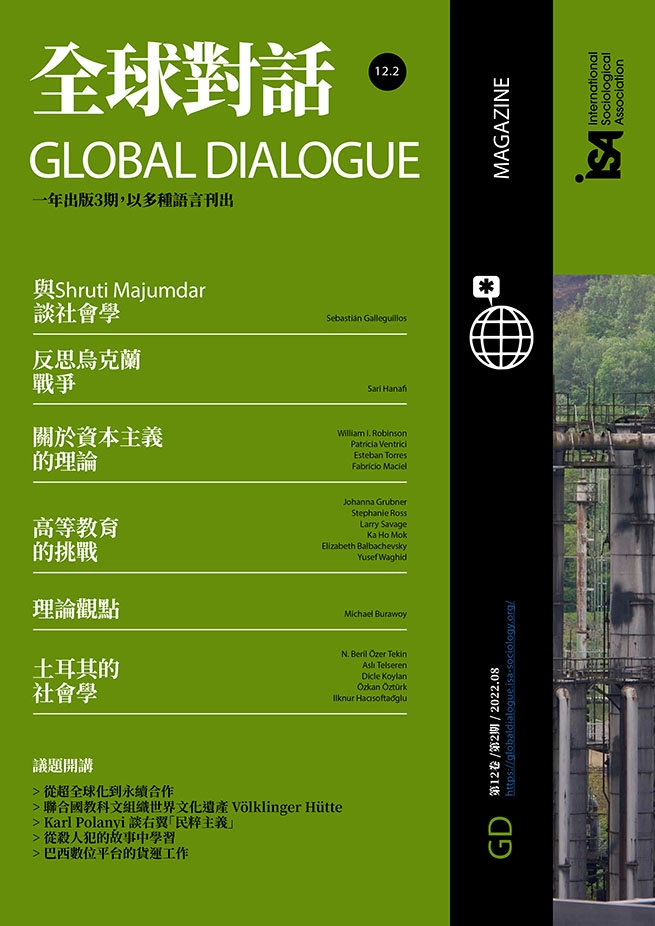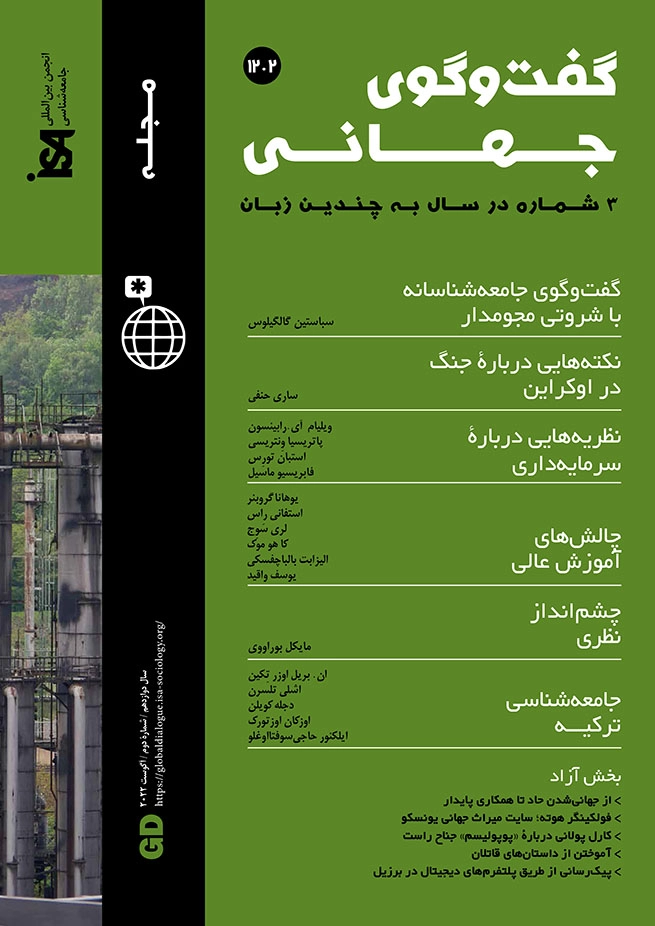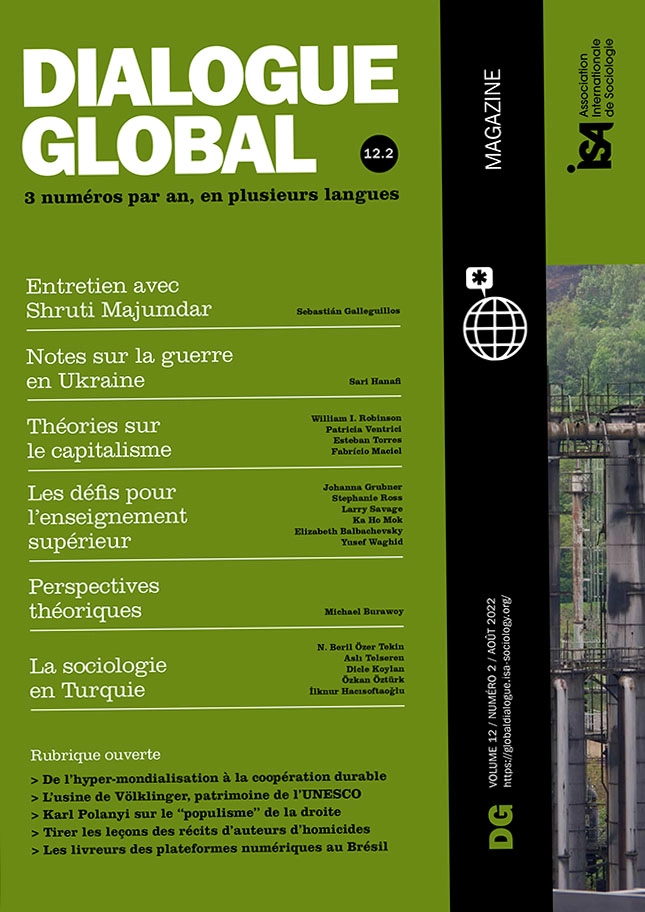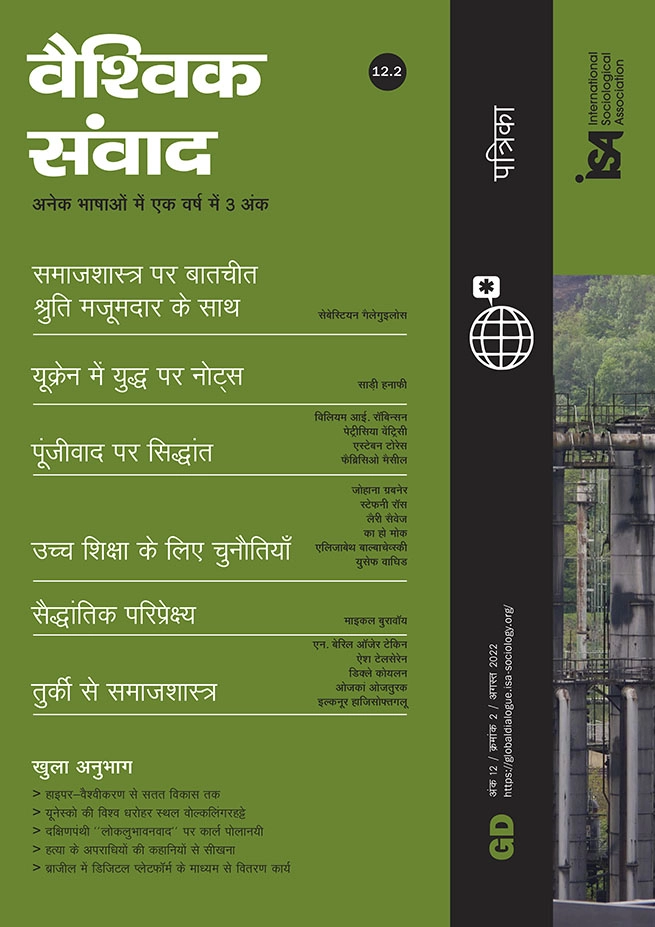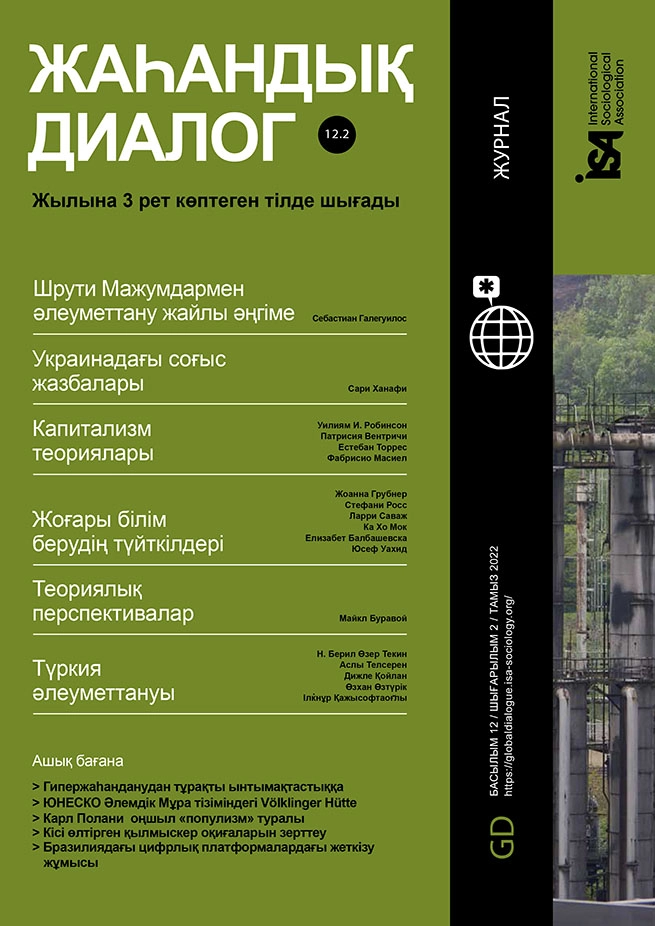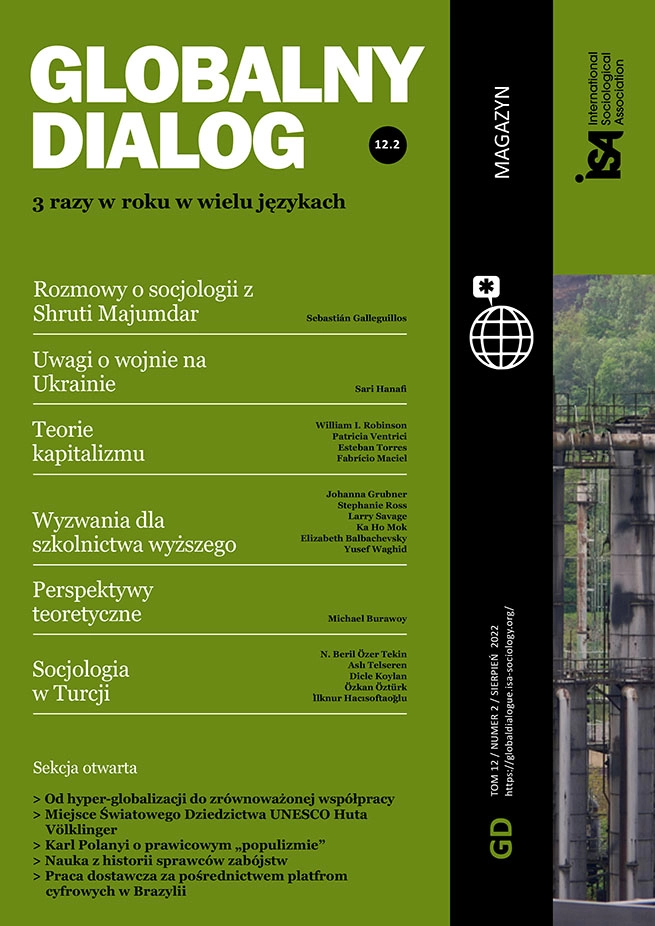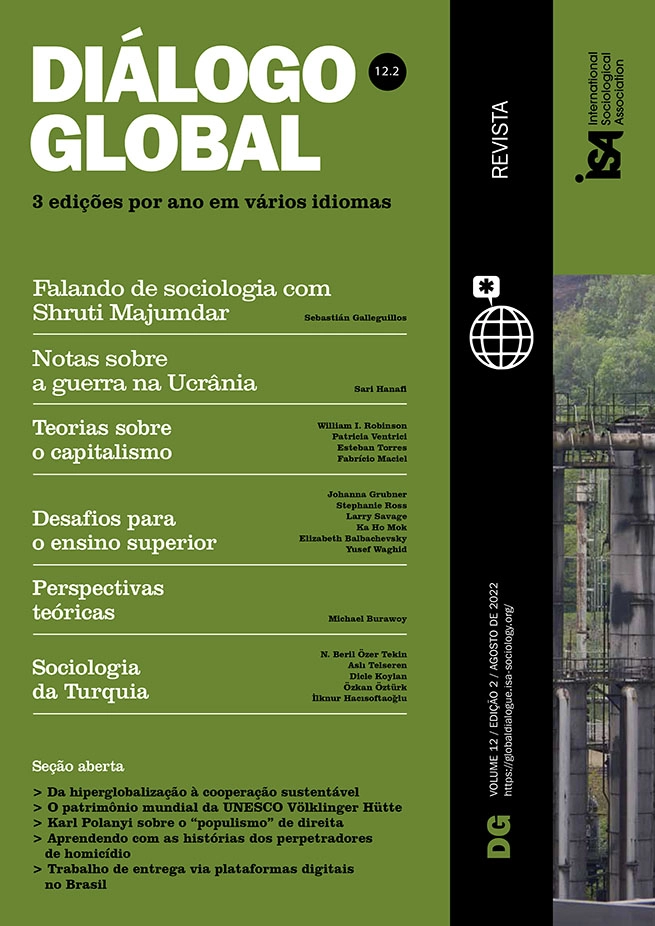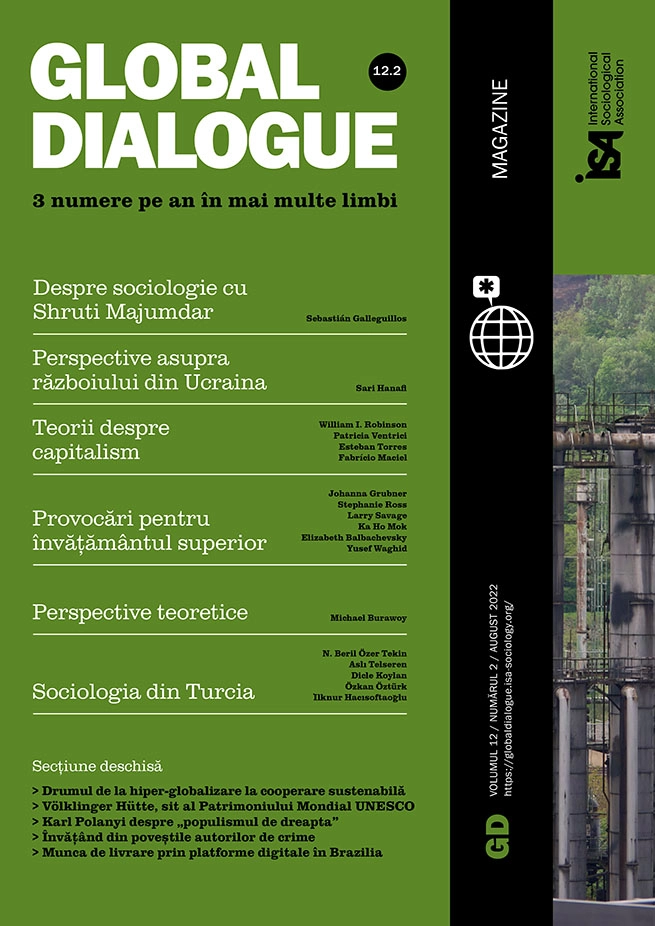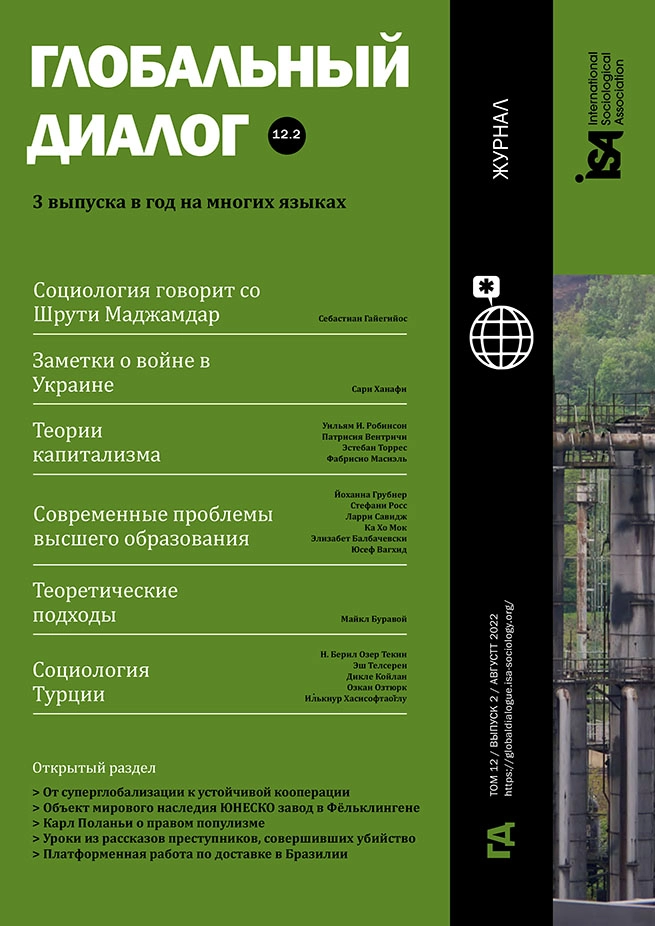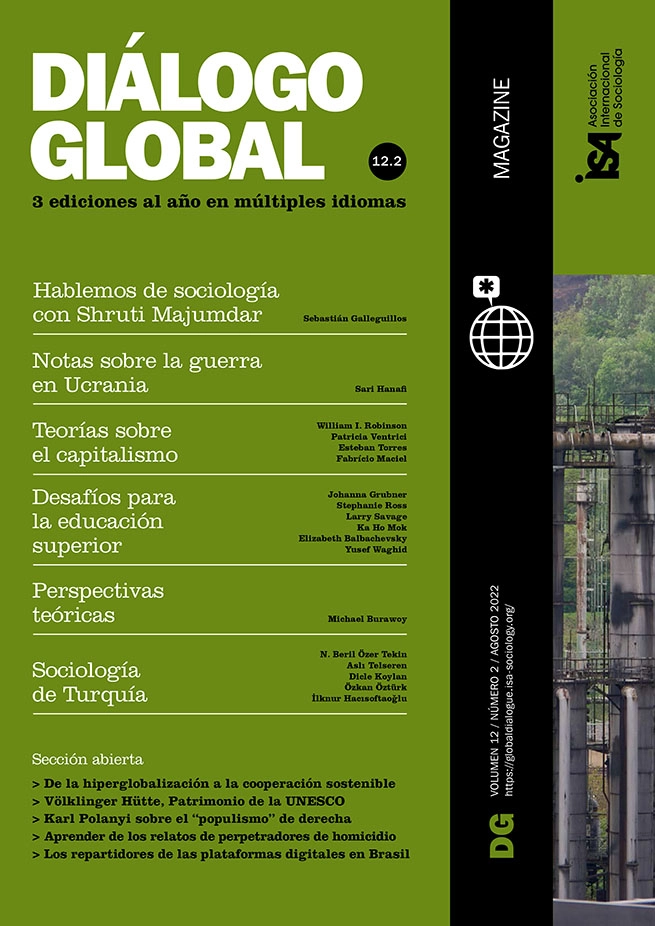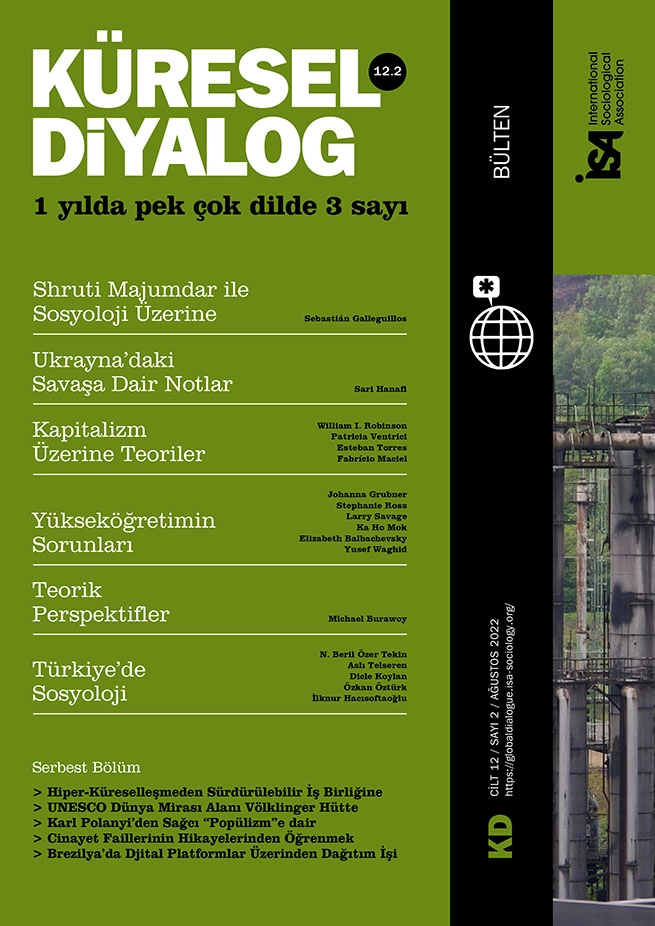Undignified Capitalism
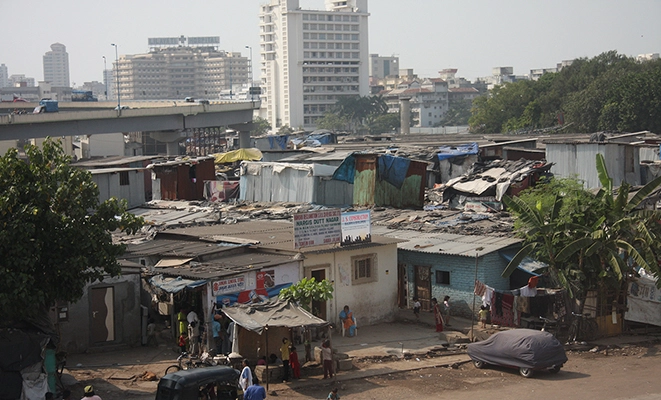
May 31, 2022
Understanding capitalism is not a simple task, precisely because it is an economic system and a way of life that is constantly changing. Throughout the twentieth century, there were many attempts to define and classify the stages of capitalism. Now, in the twenty-first century, the technological dimension of the system is already showing its most aggressive face, producing on a global scale a new kind of digital underclass. In this scenario, the coronavirus pandemic only made clearer and deepened the inequality between social classes around the world.
To understand how we got here, we need to escape the illusions of the conjuncture, underpinned by the novelization of politics. This has become the main specialization of the global mainstream media, transforming the political field into a great spectacle and systematically hiding what is happening in the economic field. Here, we need to reconstruct the larger structural and historical scenario that brought us to the present moment.
The rise of a global underclass
Since the 1970s, capitalism has undergone a “great transformation,” updating here the famous expression of Karl Polanyi. The collapse of the welfare state in the United States and Europe, after its glorious 30 years, is the main starting point for understanding this “brave new world of work,” as Ulrich Beck provocatively defined it.
During the golden years of the welfare state, from the end of World War II to the mid-1970s, capitalism was still trying to prove to the world its capability of promoting social justice. With the failure of welfare, marked by the arrival of precarious work in central countries like Germany, France and Great Britain, it became clear that capitalism will never be a system capable of promoting any kind of justice.
Since then, the construction of a new capitalism has begun on a global scale, which I call undignified capitalism. Its main brand is the production of a global underclass, both in peripheral and central countries. The existence of an underclass has always been the hallmark of peripheral countries and even entire continents such as Latin America and Africa. Now, with the massive arrival of immigrants, but also with the internal impoverishment of the popular classes in central countries and continents, as in the case of the United States and Europe, the production of a global underclass becomes the main characteristic of undignified capitalism.
With that, this new capitalism is specialized in producing and naturalizing the lack of value of human life. The idea of dignity, present in the Brazilian constitution, for example, reminds us of the minimum that individuals need to preserve their material survival and moral existence. When this minimum is not guaranteed either by the chance of a job or by state policies, what we have is the immersion in the condition of indignity that defines the life of the global underclass. In Brazil, this underclass, which does not have any work, reaches the mark of 30% of the economically active population, living a kind of sub-citizenship, as defined by Jessé Souza. Another 30%, an undignified working class, lives in the kind of work insecurity that we normally define as precarious.
Precariousness or indignity?
Here, it is worth reflecting on the concepts of precariousness and precarious work. They just describe situations and working conditions that are obviously bad. I propose the concept of undignified work, precisely because it allows us to shed light on both material misery and the humiliating moral and existential condition experienced by millions of people in the world today. In the Brazilian case, 30% of the population lives on the edge of dignity, because at least they still have some work, even if undignified, while another 30% are below the line of dignity, for not having any work.
In the European scenario, especially in the French case, Robert Castel has offered important points for the understanding of undignified capitalism. For him, the decay of the welfare state means the rupture of the wage society. Its main feature is the process of social disaffiliation, in which the labor market expels an increasing number of people, without creating new conditions for their insertion. The result is the social production of what the author calls “leftover,” that is, the European underclass, which will now be part of the statistics of the global underclass.
Undignified capitalism and the extreme right
In this context, we need to examine the relationship between undignified capitalism and the rise of the extreme right on the global political scene. Here, we need to break with the prevailing thesis that it was the mistakes of the left and its parties that allowed the emergence of neo-authoritarianism on a global scale. Once again, we need to break with the illusions of the conjuncture and rebuild the analysis of the deep structures that brought us here.
In the German case, Klaus Dörre showed a direct connection between the increase in precariousness of work and the adherence to the mentality and sentiments of the extreme right. With this, we can understand that authoritarianism is an effect, and not a cause, of undignified capitalism, even though it can deepen indignity in circumstantial scenarios, as in Brazil and several other countries in the world today.
Thus, while the popular classes adhere to the authoritarian sentiment for fear of being forced into a condition of indignity, the ruling classes flirt with authoritarianism out of the panic of losing their condition of socially guaranteed privilege. This is what shows in the empirical research I have been carrying out for some years with executives in Brazil. With a privileged class origin, high salaries and a luxurious lifestyle, most Brazilian executives adhered to the authoritarian sentiment in the 2018 elections based on an ultra-meritocratic market mentality, clearly materialized in the discourses of Jair Bolsonaro.
Now, with the deepening of indignity produced by the government’s ultra-neoliberal policy, linked to its policy of death in the face of the pandemic, the Brazilian people are sending a strong message: Lula da Silva, arrested in 2018 for the supposedly biggest political and legal fraud in the history of Brazil, appears now in 2022 in first place in voting intentions for president. We’ll see if the near future will allow some reversal in this undignified history, and what the world can learn from it.
Fabrício Maciel, Visiting Professor, Friedrich-Schiller University Jena, Germany <macielfabricio@gmail.com>

